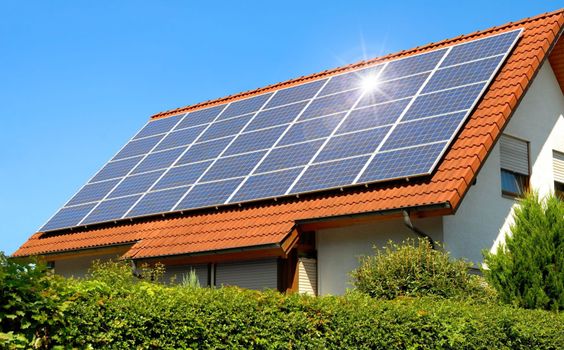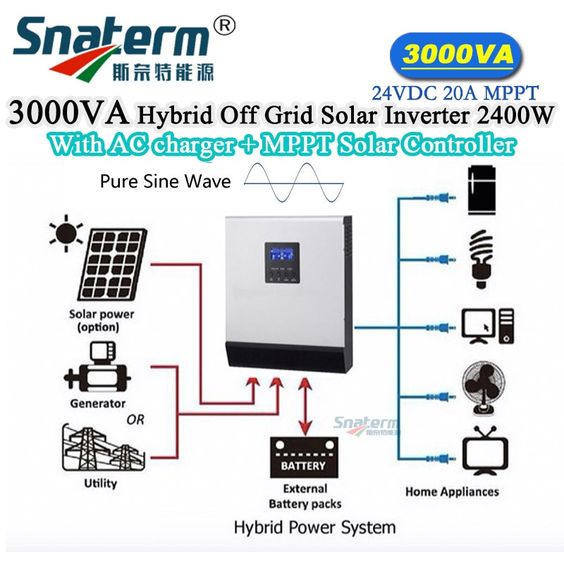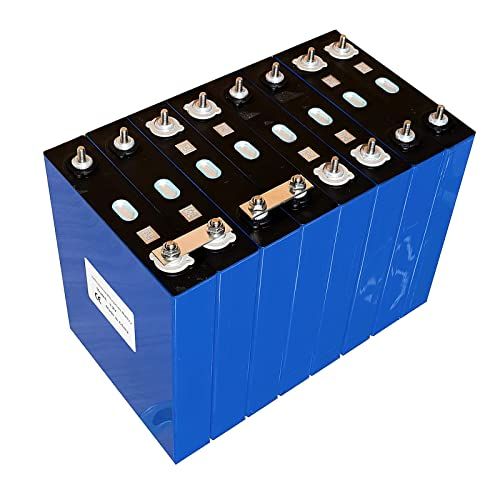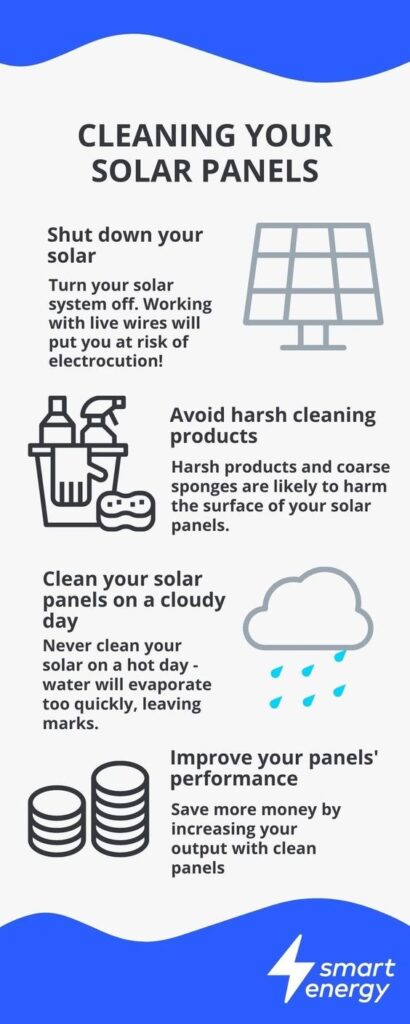
So, you’re thinking about going solar? That’s fantastic! Transitioning to solar power can significantly reduce your carbon footprint and save you money in the long run. But before you take the leap, there are a few important things you should research to ensure you make an informed decision that’s best suited for your home and lifestyle.
- Solar Panels: The Backbone of Solar Power

Solar panels are the heart of any solar power system. These photovoltaic marvels convert sunlight into electricity. Before diving in, it’s crucial to understand the types of solar panels available and their efficiency ratings. Monocrystalline, polycrystalline, and thin-film solar panels each have their unique pros and cons, so consider what fits your needs best.
- Inverters: The Power Converters

Inverters play a vital role in the solar setup, converting the direct current (DC) electricity generated by solar panels into alternating current (AC) electricity, which is used in our homes. There are three main types: string inverters, microinverters, and power optimizers. Research these options to find the one that maximizes efficiency and suits your budget.
- Lithium Phosphate (LifePO) Batteries: Energy Storage Solutions

Energy storage is gaining popularity, and for a good reason. Lithium Phosphate batteries are a top-tier option when it comes to storing excess energy produced by your solar panels. These batteries have high energy density, longer lifespans, and are more environmentally friendly compared to traditional lead-acid batteries.
- Energy Consumption and Needs
Before you go solar, assess your household’s energy consumption patterns. Look at your past electricity bills and consider any potential changes in the future. Understanding your energy needs will help you determine the right solar system size and battery capacity required to power your home efficiently.
- Available Incentives and Rebates
Going solar can be even more enticing when you consider the financial incentives and rebates offered by various governments and local authorities. Research the available incentives in your area, such as tax credits, rebates, and feed-in tariffs. These incentives can significantly reduce the upfront cost of solar installation.
- Solar Installation Companies

Choosing the right solar installation company is crucial to a successful solar project. Look for reputable companies with experience in installing solar panels, inverters, and batteries. Check online reviews, customer testimonials, and request quotes from multiple providers to find the best fit for your needs.
- Solar Financing Options

If the upfront cost of solar installation seems overwhelming, don’t worry! There are several financing options available to make the transition more affordable. From solar leases and power purchase agreements (PPAs) to solar loans and home equity loans, research the options that align with your financial goals.
- Maintenance and Warranties

Solar panels are designed to be low-maintenance, but regular cleaning and inspection are still essential to ensure optimal performance. Research the maintenance requirements of your chosen solar system and inquire about warranties on solar panels, inverters, and batteries to protect your investment for years to come.
- Net Metering and Grid Connection

Understanding net metering and grid connection is vital for solar-powered homes. Net metering allows you to sell excess electricity back to the grid, reducing your overall electricity costs. Research your local utility’s net metering policies and how you can connect your solar system to the grid.
- Environmental Impact and Benefits
Lastly, researching the environmental benefits of going solar can be motivating. Solar power helps reduce greenhouse gas emissions and dependence on fossil fuels, contributing to a cleaner and more sustainable future for generations to come.
In conclusion, researching before getting solar power installed in your house is essential to ensure a seamless and cost-effective transition. Investigate solar panels, inverters, lithium phosphate batteries, energy needs, incentives, installation companies, financing options, maintenance, net metering, and the environmental impact. By doing your homework, you’ll set yourself up for a bright solar-powered future!
